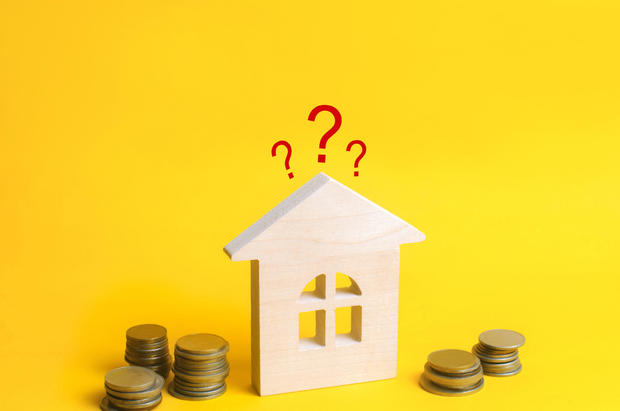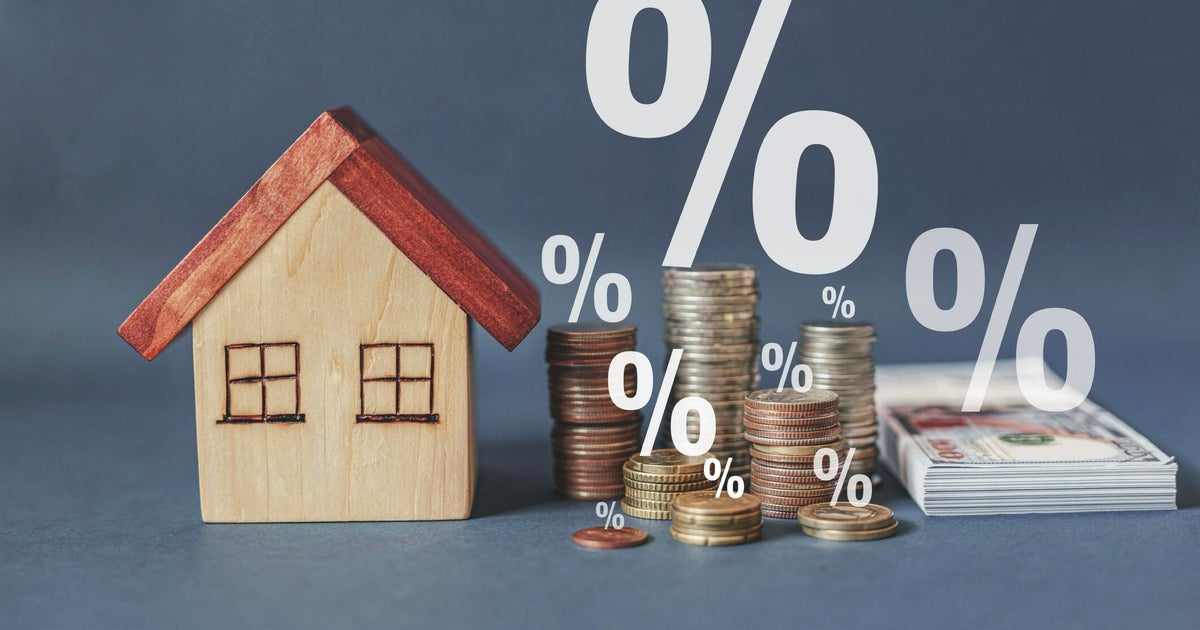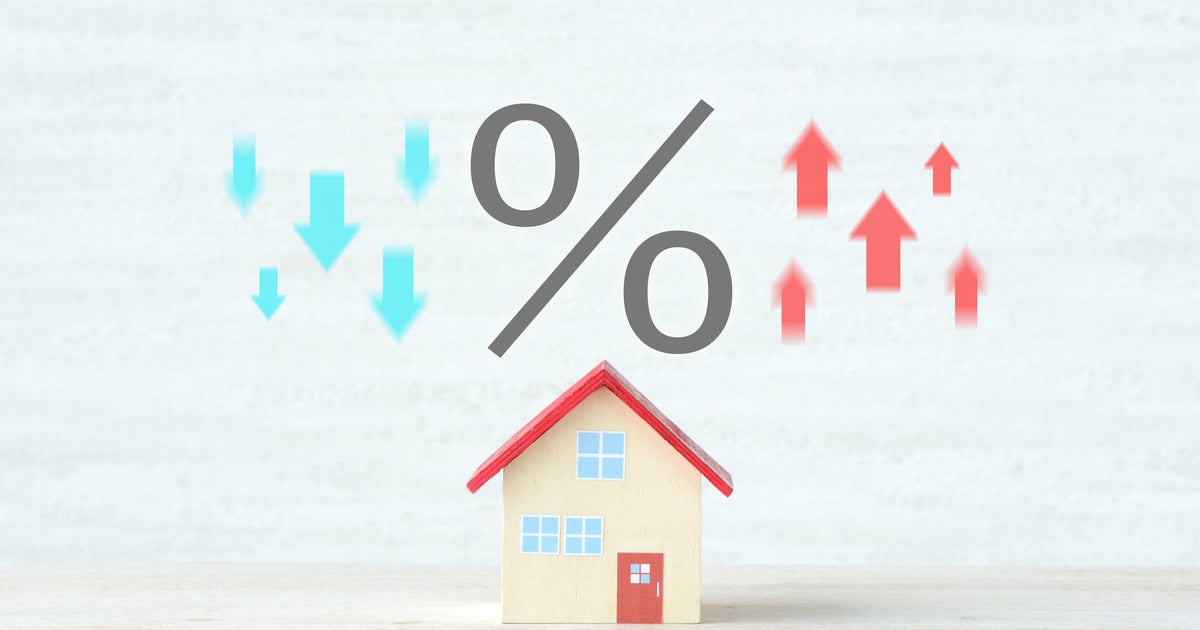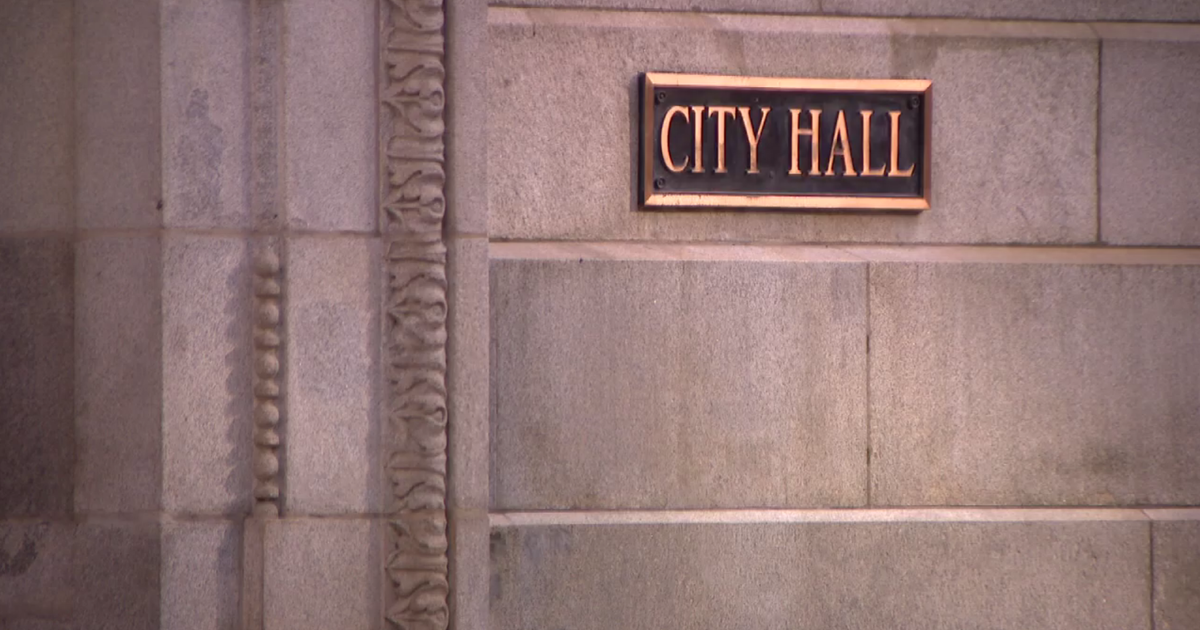How to get the best mortgage rate this August, according to experts
High mortgage rates in recent years have made it a tough borrowing environment for prospective homebuyers and those looking to refinance their existing mortgages. After mortgage rates fell to near-record lows in 2020 and part of 2021 due to the pandemic and interest rate cuts, rates reversed course and skyrocketed to their highest level in decades. The elevated results were a natural consequence of soaring inflation and the Fed's aggressive rate hike schedule to curb it.
According to Freddie Mac, average mortgage rates peaked at 7.79% in October 2023 but have hovered around the 7% mark more recently. However, there may be positive signs on the horizon. Inflation is cooling modestly, and many experts expect the Fed to cut interest rates at least once before the year ends.
Still, any rate cut may not be coming for a few months, which could impact your plans if you're buying a home this August. Fortunately, there are some tactics experts recommend to find the best mortgage rate now or in the future.
Start comparing today's top mortgage loan rates online now.
How to get the best mortgage rate this August, according to experts
If you want to secure the best mortgage rate possible right now, here's how experts say you can do that.
1. Improve your credit score
One of the primary factors impacting your mortgage rates is your credit score. With a credit score in the upper 700s, you may qualify for your lender's most favorable terms if you also have sufficient income and satisfy their other criteria.
Even if you don't have stellar credit, it's still a good idea to improve your credit before applying for a new mortgage. Even improving your credit score into the next highest tier — like moving from fair credit (580 to 669) to good credit (670 to 739) — may help you qualify for a lower mortgage rate.
If your credit score is lower than you would like, you might consider applying for an FHA or VA loan if you qualify. "FHA and VA are more lenient with credit scores," says Jeremy Schachter, branch manager at Fairway Independent Mortgage Corporation. "They are usually geared for first-time home buyers. In most circumstances, any credit score over 680 has the same rates. Credit scores below 680 usually come in tiers with higher rates."
Find out more about the mortgage rates you could qualify for here.
2. Shop and compare multiple mortgage lenders
The Consumer Financial Protection Bureau (CFPB) recommends getting loan estimates from at least three lenders to find the most suitable mortgage for you. Every lender sets interest rates according to its own lending criteria, so shopping multiple lenders may save you money and provide a wide range of interest rate quotes.
According to Chris Birk, vice president of mortgage insight and director of education at Veterans United Home Loans, negotiating could help you get your mortgage rate even lower.
"It may be beneficial to be upfront about competing offers, which could also help in negotiating a better rate," Birk says.
3. Consider buying points
One of the most direct ways to lower your mortgage rate is to simply buy mortgage points. Discount points to lower your interest rate can be a good idea if they fit your closing cost budget, but it depends on how long you plan on living in the house, says Ralph DiBugnara, founder and president of Home Qualified.
"If you are buying the home and plan to be there in excess of five years, a lower rate can save tens of thousands in interest. If it is a short-term investment or you plan to refinance to pull cash out or lower the rate in the future, it may not make sense. Discount points are the only closing cost item that is fully tax-deductible as an added benefit," DiBugnara says.
4. Get a shorter-term home loan
Getting a shorter mortgage term, such as a 15-year mortgage instead of the standard 30-year term, can be beneficial in many ways. Chief among them is the potential for lower interest rates. According to Freddie Mac, the current national average rate is 6.07% for a 15-year fixed-rate mortgage and 6.78% for a similar 30-year option.
While the rate you qualify for will be based on your income, creditworthiness and other factors, a shorter mortgage term like a 15-year mortgage could offer significant financial advantages, says Birk.
"The primary benefit is the significant interest savings over the life of the loan due to the shorter term and typically lower interest rates. Borrowers can also build equity faster, which can provide more financial flexibility and security. Not to mention, the faster payoff period means homeowners own their homes outright much sooner," Birk says.
5. Look into an assumable mortgage
An assumable mortgage allows buyers to take over the seller's existing loan and retain its interest rate, term and monthly payments. In a high-interest rate environment, this type of mortgage can be invaluable to buyers who wouldn't otherwise qualify for a similar rate.
"Assumable mortgages were very popular in America in the past and were predominately available on FHA and VA mortgages," says Anna DeSimone, an author and consultant specializing in fair lending compliance. "When a homeowner decides to sell their house, the buyer can assume the mortgage at the same rate and terms of the original loan. Recently, some lenders have begun to structure mortgages with an assignability clause."
The bottom line
Today's home prices and mortgage rates are high, making it all the more necessary to find a mortgage you can comfortably afford. Trimming even a half a percentage point off your mortgage rate could save you tens of thousands of dollars over the life of your loan. You may need to employ one or more of the tips above to lower your mortgage rate to an affordable level, which could mean the difference between securing a home and not being able to afford one.




